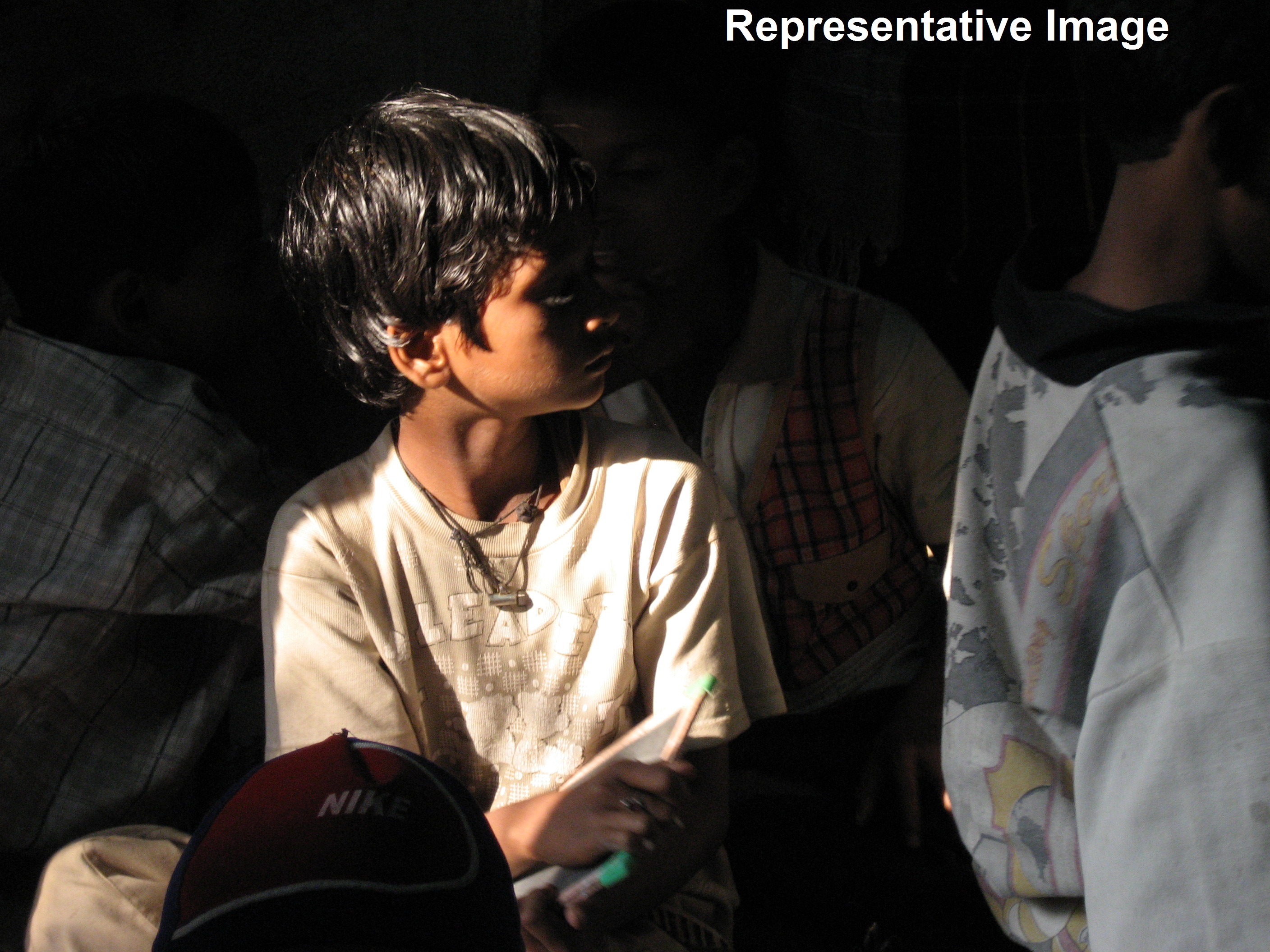Gyanganga
Gyanganga
Project Brief: The project aims to improve the total education environment in the panchayat through the implementation of Community Based Education model and Self-Governance
Project Type: Community Based Interventions (description)
Primary Focus: to go to formal school (description)
Supporting Chapter Contact: Yale
Project Type: Community Based Interventions (description)
Primary Focus: to go to formal school (description)
Secondary Focus: health and cleanliness
Area: RuralSupporting Chapter Contact:
Status: completed - requirements ended
Project Steward: Ajay Dalmia
Project Partner(s): Dr. Motilal Dash
Other Contacts: Naresh Devnani
Project Address: , ,,Jherli,
Rajasthan
Tel:
Stewarding Chapter: Yale
Project Steward: Ajay Dalmia
Project Partner(s): Dr. Motilal Dash
Other Contacts: Naresh Devnani
Project Address: , ,,Jherli,
Rajasthan
Tel:
Stewarding Chapter: Yale
Asha Stars, if any:
Ajay Dalmia
| Oct 2002 | Colorado | USD 1000 |
| Oct 2002 | Work an Hour | USD 7300 |
| Dec 2002 | Yale | USD 2000 |
Total = $10300
Jherli is one of the most backward and underdeveloped Gram Panchayats of Jhunjhunu district in Rajasthan. It consists of three villages - Jherli, Raila and Garinda. The total population of these villages is more than 5,000 including 419 school going children. The basic occupations of the villagers are cultivation, daily-wage labor and small business. Unemployment, illiteracy, poverty, low status of women and lack of accessibility to basic facilities are some of the major indicators of backwardness visible in these villages. Even though most of the villagers understand the need for educating their children for a better future dilapidated school buildings, lack of sufficient number of teachers, absence of basic amenities and proper environment for learning deters them from sending their children to school.
The primary objective of the project is to improve the quality of primary and secondary education. The project is led by a team from BITS, Pilani in India. Project governance ensures funds transparency and periodic updates.
The primary objective of the project is to improve the quality of primary and secondary education. The project is led by a team from BITS, Pilani in India. Project governance ensures funds transparency and periodic updates.
The major objectives of the Gyanganga project are to:
1. Improve school infrastructure, curriculum and quality of education
2. Increase water availability in the Jherli Panchayat
3. Reduce incidences of illness due to communicable diseases
4. Increase income generated per household
5. Increase availability of electricity per household
Impacts 419 children (of which 199 are girls)
1. Improve school infrastructure, curriculum and quality of education
2. Increase water availability in the Jherli Panchayat
3. Reduce incidences of illness due to communicable diseases
4. Increase income generated per household
5. Increase availability of electricity per household
Impacts 419 children (of which 199 are girls)
The organization is an Asha Chapter at BITS and is part of the NSS on BITS campus. The National Service Scheme (NSS) was evolved and introduced by the Government of India in the year 1969. It aims at developing amongst students a sense of participation in nation building through Social Work. Some of NSS activities include routine health camps, running vocational school & informal primary school, blood donation camps, etc.
Sep 2003 Site Visit Report By James Minter
Jul 2003 WAH2002 Progress Report
Apr 2003 Progress Report
Dec 2001 Financial Report
Dec 2000 Project Summary
Jul 2003 WAH2002 Progress Report
Apr 2003 Progress Report
Dec 2001 Financial Report
Dec 2000 Project Summary

